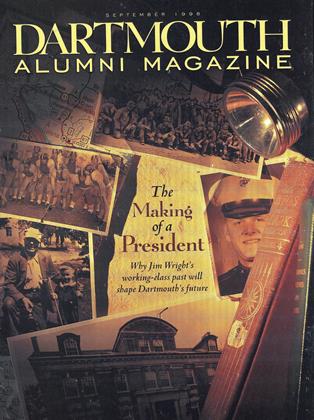Animals, Values, and Laws
Milton M.R. Freeman and Urs P. Kreuter. editors. Elephants and Whales: Resources for Whom? (G<agdo:n and Breach Science Publishers, sociologists, lawyers, and land managers cover a widerange of issues Concerning the conservation of elephants and whales, including property rights, cultural percieptions, science and pseudo-science, attitudes toward consumptive use of animals, and tourism.
Robert Finch and John Elder, editors, The Norton Book of Nature Writing (Norton, 1990). This collection of cerpts by nature writers contains some gems about Africa (Isak Dinesen, Peter Matthiessen, Tery Tempest Williams), the Arctic (Barpy Lopez), whales (Herman Melville), animal rights (David Quammen), and why we need animals (Peter Steinhart).
Joyce Poole, Coming of Age with Elephants (Hyperion, 1996). Poole: traces the story of tier discoveries about male elephant sexuality and behavior while simultaneously revealing her own path from a childhood in Africa to a Ph.D. from Cambridge and her return to Africa as a scientist.
Peter Matthiessen, "Survival of the Hunter," The New Yorker (April 24, 1995). A wealth of information about the Arctic, Greenland, and the whaling debate packed into an enjoyable account of the author's own whaling trip in the icy waters off northwest Greenland.
Peter J. Stoett, The International Politics of Whaling (Vnivcrsity of British Columbia Press. 1997). Stoett introduces the issues, the players and their positions, and the current controversies over aboriginal whaling, small-scale coastal whaling, habitat preservation, ethics, and more.
Richard A. Caulfield, Greenlanders, Whales, and Whaling: Sustain ability and Self-Determination in the Arctic (University Press of New England, 1997). An anthropologist and professor of rural development, Caulfield examines the role of whaling and whale meat; in Greenland's economy as well as the implications of the whaling controversy for Greenland's Home Rule.
The institute of Arctic Studies maintains an extensive collection of circumpolar research materials in its new offices in Steele Hall and welcomes visitors. Contact the Institute at .
Osherenko
 View Full Issue
View Full Issue
More From This Issue
-
 Feature
FeatureCOD and MAN at Dartmouth
September 1998 By David Dobbs -
 Cover Story
Cover StoryThe Making of a President
September 1998 By Jim Collins '84 -
 Feature
FeatureFOR REAL
September 1998 By Jana M. Friedman '94 -
 Feature
FeatureFrom Rap to Ritual
September 1998 By Everett Wood '38 -
 Article
ArticleFour Aces
September 1998 By Noel Perrin -
 Article
ArticleThe Origin of Endangered Species
September 1998 By Kathleen Burge '89







